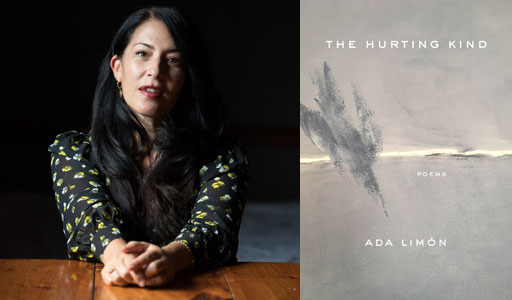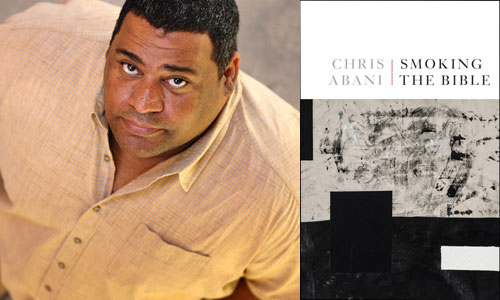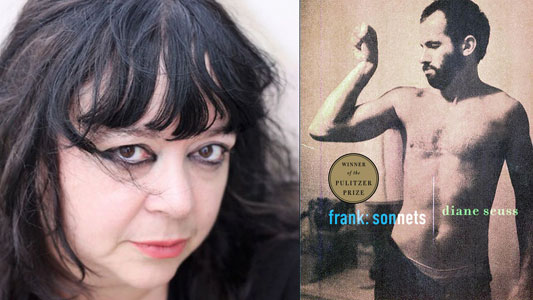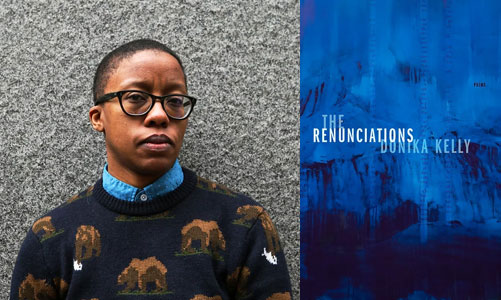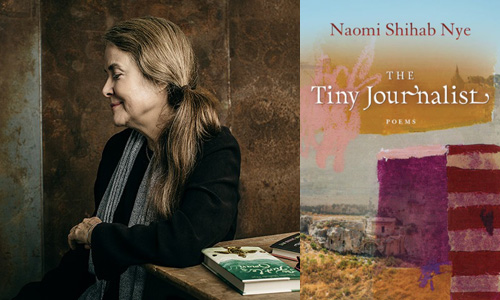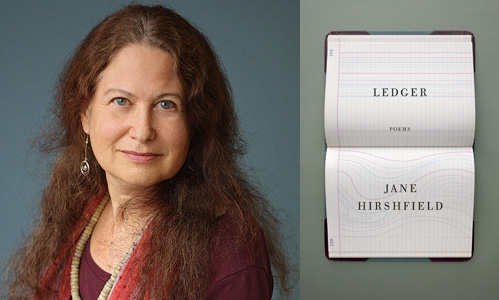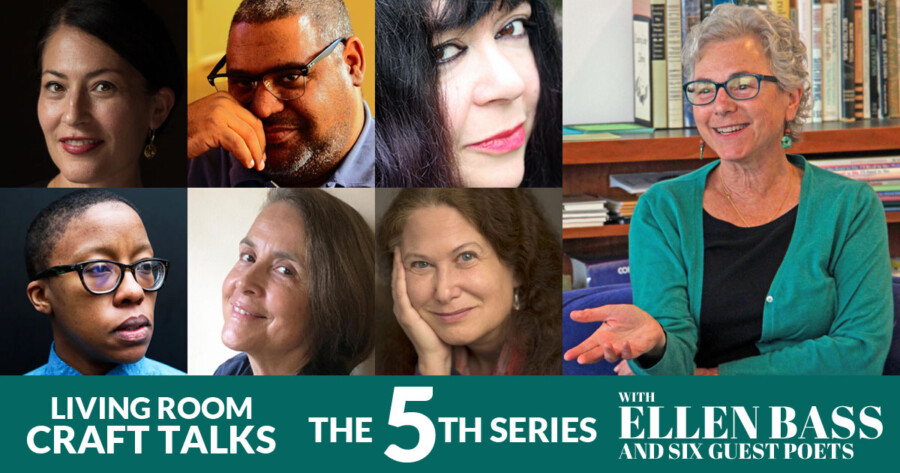
Living Room Craft Talks
The Fifth Series
A Self-Guided Online Series
With Ellen Bass and Guest Poets Ada Limón, Chris Abani, Diane Seuss, Donika Kelly, Naomi Shihab Nye, and Jane Hirshfield
You do not need to have taken the previous Living Room Craft Talks to take this series.
If you want to learn more about the strategies you can employ to write poems that are vivid, engaging, meaningful and complex, I’d be delighted to have you join me in the Living Room Craft Talks: The Fifth Series. If you haven’t attended the previous talks, that’s fine. Each series is independent.
I’ll be presenting practical teachings that you’ll be able to put to use at whatever stage of development you’re at—whether you’re just beginning, somewhere in the great middle, or are an accomplished and published poet.
The topics for this series are: the Epistolary Poem, the Modern Elegy, the Sonnet, Transforming Trauma into Art, Metaphor: A Deeper Investigation, and Silences in Poetry.
We’ll be reading exemplary poems from a large and diverse group of poets. And there will be guest appearances from: Ada Limón, Chris Abani, Diane Seuss, Donika Kelly, Naomi Shihab Nye, and Jane Hirshfield!
As we study each week’s subject, we’ll also examine other essential aspects of the craft, including image, syntax, form, diction, music and tone.
These talks are focused on poetry, but prose writers are welcome. The precise attention to structure and language will enrich your work as well.
More About the Topics
Week One: The Epistolary Poem
Guest Poet: Ada Limón
The music stops; moonlight shines on the planks of the floor.
Send me a letter.
–from “The Life of Tu Fu”, tr. Eliot Weinberger
The epistolary tradition–-poems that read as letters–-is an old one, born from a basic human desire to connect. We’ll discuss a wide variety of exemplary poems––from personal poems addressed to a friend about daily life, to poems that cry out to gods and superheroes, to philosophical epistles between artists. We’ll consider the voice of the speaker, the selection of details, and the relationship between the “I” writing the poem and the “you” receiving it. This is a form that is both private and public and can open avenues for more intimacy in your poems. Writing to a particular someone can also bring your writing into sharper focus. I’ll present strategies you can use to create dynamic poems in the epistolary tradition.
Week Two: The Modern Elegy
Guest Poet: Chris Abani
No one wants to write an elegy.
–Kevin Young
The elegy is a poem of necessity. It may have been the first poetic speech, originating when our hunter-gatherer ancestors refused to leave their dead behind. The traditional elegy ritualizes grief, gives it language, and offers at least the beginnings of consolation. The modern elegy may do this as well, but, along with sorrow, there are often more complicated feelings: anger, conflict, guilt, and a resistance to solace. Elegies remember and celebrate our dead and make a space for them to live on the page. We’ll reflect on poems that approach the elegy from a wide range of experience and emotion and I’ll offer structures you can turn to when loss asks us to find words for the inexpressible.
Week Three: The Sonnet
Guest Poet: Diane Seuss
The sonnet is a monument of praise, a field of play, a chamber of sudden change.—Phyllis Levin
Invented in Italy around 1235, this 14-line poem continues to serve as an elastic container for feeling and thought. Within its boundaries there is enormous freedom and its very constraints can lead us to fresh and surprising syntax and startling discoveries. The sonnet has been used to wonder, propose, argue, analyze, and obsess. As Diane Seuss says, “The sonnet is an endlessly fluid, re-imaginable form. It has been hushed, lushed, fragmented, fogged, elated, flipped, and freaked by everyone . . . .” We’ll explore how sonnets maintain integrity whether they work within the received tradition or abandon meter and rhyme entirely, stretching the form to make it new. Examining sonnets from a few traditional and many contemporary poets, you’ll learn how you can explore the potential of this compressed and highly flexible form.
Week Four: Transforming Trauma into Art
Guest Poet: Donika Kelly
come celebrate
with me that everyday
something has tried to kill me
and has failed.
—Lucille Clifton
How does poetry confront pain and make a home for testimony, witness, and the life-changing power of art? How do we use elements of the craft—form, diction, tone, persona, and more–-to transcend the silence that, in Audre Lorde’s words “keeps everything the same?” We’ll reflect on poets whose work faces suffering and endures, work that creates a shared space so others feel less alone, and work that refutes oppression. And we’ll read poems that find humor and even joy in the most unlikely places. As Jane Hirshfield wrote, “That anxiety, grief, and the abysses of chaos can be lured into beauty and meaning, and into the freedom such transmutation itself brings, is no small part of literature’s power.” With the inspiration of these poems, you’ll gain an understanding of how you can delve into intense themes to create meaningful art.
Week Five: Metaphor: A Deeper Investigation
Guest Poet: Naomi Shihab Nye
Metaphor is the raw uranium of poetry.—Tony Hoagland
Metaphor is my favorite aspect of the craft of poetry! I began the very first series of Living Room Craft Talks with metaphor and I’m excited to revisit it again with you, only this time going deeper. Aristotle said that metaphor is what language uses to prove that the world is full of hidden connections. The word metaphor comes from the Greek, meaning “to transfer,” and metaphor does just that. It carries emotion and meaning from the writer to the reader. Metaphor is one of the poet’s primary tools for investigating and communicating experience. We’ll look at poems that illustrate metaphoric language, including similes, kennings, extended and embedded metaphors. I’ll offer methods for finding fresh and surprising metaphors and suggestions for ways to harness this “raw uranium” in your own writing.
Week Six: Silences in Poetry
Guest Poet: Jane Hirshfield
It’s not the notes you play, it’s the notes you don’t play.—Miles Davis
“Most good poems hold some part of their thoughts in invisible ink,” writes Jane Hirshfield. In poetry we are often trying to convey what is essentially too complex, too nuanced, too paradoxical to be pinned down with words. And yet we must use words to write. How do we accomplish that? How do we open the poem to those silences that make room for the reader to enter, to engage, to bring their own response, rather than being told what to think? This is a practice that lives at the very heart of poetry. As Rilke wrote in Letters to a Young Poet, “Live the questions.” We’ll hear poems that reveal eloquent silences and you’ll gain an understanding of how to bring this fertile spaciousness into your poems.
From Past Students
This is the course I have always needed but didn’t know it. I have two degrees in creative writing and learned a lot during that process, but I have never taken a course like this one that speaks so directly to what I have needed to keep moving forward in the craft of poetry.
This series has been one of my favorite learning experiences. Even though it’s a webinar format, Ellen’s warmth and sharing of her own strengths and weaknesses as a growing poet creates such an intimate ‘classroom’. I’m bowled over by the amount of time & energy that Ellen clearly puts into creating each class. In addition, the ‘special guest’ she has each week (poetry superstars!) is worth the price of admission.
I loved it!! This is the third series I have taken and I am thrilled with Ellen’s generosity in the amount of material, the thoughtfulness in the selection of the material and the careful reading and discussion of the poems. And the guest poets, a plus.
Oh my. What an inspiration, a delight and a reawakening.
I consider myself a beginner, but “each day is a new beginning,” and in this series, as the last, each week was a new beginning.
I am so much smarter now. I know how to read poetry with greater intelligence and heart. How to analyze and respond on many new levels to each poem.
I hope I will write again with that new mind and body awareness.
Rich, nuanced explorations of each topic. Ellen’s passion-driven research was evident in every talk, along with her signature generosity of spirit.
Thank you!
A firehose of information…yet, a chance to drink deeply. Thank you for putting such thought into preparing topics and inviting guests to bring other voices into the series. A real study of the topics. I learned sooooo much.
Ellen is such a gifted speaker, poetry interpreter, teacher, inspiration and resource—WOW! The series was cram filled with poems, quotes, insights and useful tools for me as a poet personally, as well as for my group that met for two more hours after each session to digest the magic and use the prompts while we were on fire:) The guest poets were varied, articulate and such a fabulous addition to her outstanding lessons.
The Ellen and Jen team just keeps getting better and better! I really felt exposed to some new ideas, ways of thinking about poetry in this series. The amount of preparation that goes into each session is obvious and appreciated. Ellen’s ability to respond in real time is remarkable.
This was an incredible learning experience. I have written poetry for awhile, but I learned an incredible amount about contemporary poetry and poets as well as the craft. I loved the experience of listening as Ellen or one of the guest poets read and provided insights into the poetry and, in quite a few cases, about the actual process of creating a specific poem. I feel as if I have discovered a treasure and have been given the key to open the chest. I intend to put this treasure to work. I also intend to catch up on all of the previous series that I missed. So… my overall impression is that this series provided exactly what I needed and more.
Logistics for the Series
Technical Format for the Series:
The Living Room Craft Talks: The Fifth Series was originally recorded as a Zoom craft talk series. Now, it is available as a self-guided, multimedia series that is available online through a participant-only portal on this website. All access is for 90 days. See below for details.
Your Registration Email:
The email address that you enter into the billing information on the following registration pages will be the email address that is sent your confirmation email. If you wish the series materials to be sent to a different email address than the one you use for billing, please email Jen at jen@ellenbass.com and provide her with the alternative email address.
While signing up for this talk series you will be asked to be added to Ellen’s email list (this is how all of the talk series information is sent). YOU MUST DO THIS IF YOU WISH TO RECEIVE THE EMAILED INSTRUCTIONS ON HOW TO ACCESS THE SERIES. You are able to cancel your subscription to Ellen’s email list at any time, but please keep in mind that if you cancel your subscription before all of the talk series’ emails are sent, you may not know how to access your subscription materials.
Emails About This Series and Your Registration:
Once your registration payment has been processed, you will be sent an automated email from jen@ellenbass.com confirming your spot in the series and giving you important information to access the series materials. If that email does not reach you within 1 hour, please check your spam, junk, promotions, or trash folders as the email could have been misdirected.
All emails about this series are sent automatically from jen@ellenbass.com. To make sure that you receive those emails, which include a confirmation with details on how to access the series materials, please add jen@ellenbass.com to your contact list before you register. Not sure how? Click the button below.
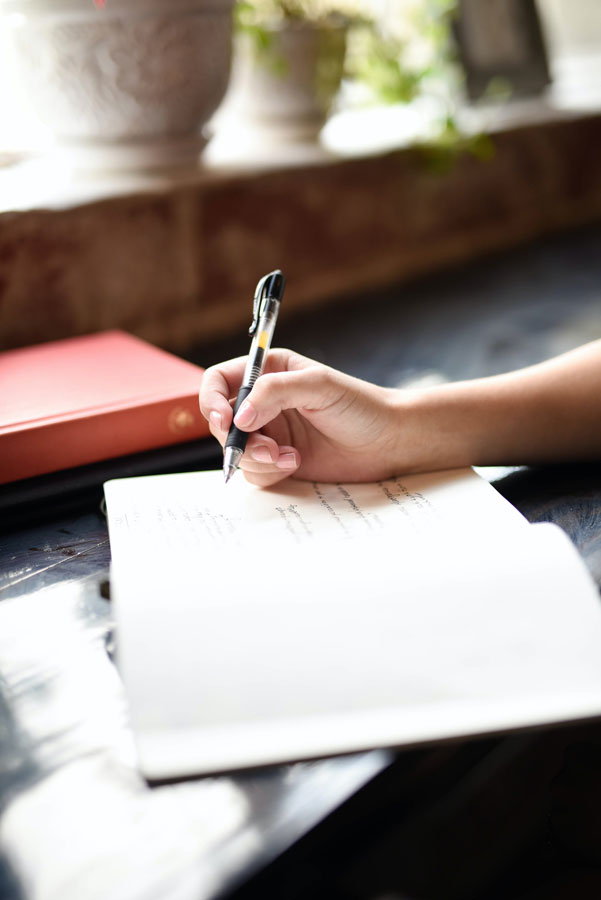
More From Past Students
I am loving this set of craft talks. The atmosphere is warm and welcoming. The lessons are jam-packed; they stretch me while inspiring me. The explanations are clear and thoughtful and respectful. I can’t sing your praises enough.
One of the best studies of poetry I have ever experienced. Ellen is so thorough and generous. The learning has been complex, and I often review the videos more than once. The guest poets are a grace note I really enjoy, just enough of a special point of view. The exercises extend and refine the skills, and I began using them in my writing immediately. They are clear and accessible. Ellen is a great teacher and I would study with her anytime.
Absolutely love it! Ellen is so full of wisdom and insight on the process of revision. As always, love the quotes she reads, the poems she shares, the concepts she explains. Seeing the evolution of individual poems gives me so much reassurance that my process isn’t as hopeless as I thought. When I see how these poems start as one thing and evolve into something from deep within the poet and the poem talking to the poet, that’s worth the price of admission alone.
I’m learning so much helpful information and greatly appreciate Ellen’s style, spirit and teaching methods. It’s a joy to tune in weekly, to be able to listen/watch from home and to then use suggestions for homework or revision that day or the next while it’s all still fresh. More than ever, I am enjoying writing poetry as an adventure in discovery. Many of Ellen’s words stay with me as I write/revise. Her metaphors (some quite spontaneous) are wonderful and memorable. These craft talks have been the most valuable poetry classes I have attended (and there have been many).
I continue to be amazed with the amount of knowledge Ellen shares in such a passionate, organized way. I am inspired to write more, analyze more and read and listen more than I ever have before. The notes and citations are very helpful. I get to listen and think and jot down notes knowing I will get to hear the lessons again. The references will keep me busy forever I think
I also appreciate the price of the series. Working class background and budget does not normally leave me latitude for getting this kind of education. Your pricing is generous for your effort and skill.
It’s clear how much work and thought Ellen has put into [the series] and I feel I’m getting an excellent value for the fee. In addition to applying the series to my own writing, I appreciate being able to apply it to my teaching – currently, adults and 8th grade girls (in separate workshops).
I have learned a tremendous amount. Every class is loaded with material that is new to me. I’m excited, I’m trying new approaches to my writing and I feel like I have many tools and strategies to make my poetry more authentic, clear and engaging.
The course, like the first, is beyond wonderful. Ellen is a master teacher, organized, generous, funny and light – and I have been able to directly apply the lessons to my writing.
I am eternally grateful for the opportunity to study with Ellen without having to take an MFA – one of the blessings of the new realities of online learning
I am so excited about this series – it is exactly what I needed. Ellen is an excellent teacher and so generous, warm, honest and down-to-earth. I feel like I can understand the process in an entirely new way now – in a sense I now know what I have to do to try to grow and improve.
Brilliant! Well-organized, well thought out. Ellen, your manner is engaging, inspiring, and allows for a range of experiences in writing.
You are always so positive about the joy of poetry while respecting the challenges of learning and improving. You celebrate the work of it.
Registration Options
Please read through the details for each of the registration options so that you are clear about the differences between them.
If you have questions about the Downloadable Edition and whether your device will be able to download the talks, please read the Downloading Tips and FAQs.
Full and partial scholarships available for BIPOC writers and individuals with financial need for Standard 90-Day Access only. If the price is a hardship, please email Jen at jen@ellenbass.com and tell us in 2-3 sentences what your circumstances are and what, if anything, you could pay.
Option 2: Downloadable Edition
The Downloadable Edition allows you to view the craft talks online for 90 days AND the ability to download the craft talks as MP4s to view offline on your own device. Once the MP4s are downloaded, they are yours to have and watch after your access to the website ends. Handouts are also downloadable.
Cost: $400 (US dollars)
Questions and Concerns:
If you have any questions or concerns, please email Jen at jen@ellenbass.com.
Cancellations and Refunds:
If within 72 hours of purchasing the Downloadable Edition you find that you cannot download the craft talks, contact Jen and she can move your registration to the Standard 90-Day Access option and refund you the difference. No other refunds are offered.
